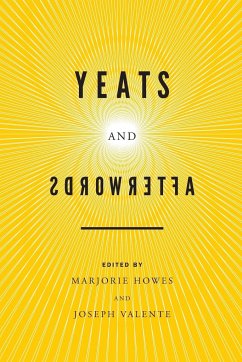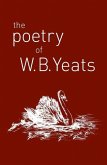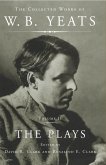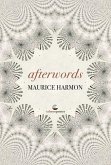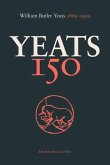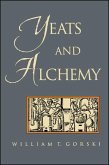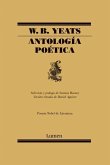In Yeats and Afterwords, contributors articulate W. B. Yeats's powerful, multilayered sense of belatedness as part of his complex literary method. They explore how Yeats deliberately positioned himself at various historical endpoints-of Romanticism, of the Irish colonial experience, of the Ascendancy, of civilization itself-and, in doing so, created a distinctively modernist poetics of iteration capable of registering the experience of finality and loss. While the crafting of such a poetics remained a constant throughout Yeats's career, the particular shape it took varied over time, depending on which lost object Yeats was contemplating. By tracking these vicissitudes, the volume offers new ways of thinking about the overarching trajectory of Yeats's poetic engagements. Yeats and Afterwords proceeds in three stages, involving past-pastness, present-pastness, and future-pastness. The first, "The Last Romantics," examines how Yeats repeats classic motifs and verbal formulations from his literary forebears in order to express the circumscribed cultural options with which he struggles. The essays in this section often uncover Yeats's relation to sources and precursors that are surprising or have been relatively neglected by scholars. The second section, "Yeats and Afterwords," looks at how Yeats subjects his own past sentiments, insights, and styles to critical negation, crafting his own afterwords in various ways. The last section, "Yeats's Aftertimes," explores how, thanks to the stature Yeats achieved through its invention, his style of belatedness itself comes to be reiterated by other writers. Yeats is a towering figure in literary history, hard to follow and harder to avoid, and later writers often found themselves producing words that were, in some sense, his afterwords. "This ground-breaking collection of essays examines Yeats's sense of historical belatedness as theme, as trope, in formal embodiments such as the afterword, and in his strong critical shaping of literary history. In doing so, it historicizes Yeats's own sense of history with unparalleled depth, while seriously acting on the acceptance that form is itself historical. In showing how Yeats's moulding of the past was also the creation of a future, it offers a range of productive new starting-points for the study of this great poet." -Edward Larrissy, emeritus, Queen's University, Belfast "Although Yeats and Afterwords focuses broadly on questions of inheritance and legacy, it marks a new departure because it re-conceptualizes belatedness in a more complex and more theoretically useful manner than prior studies. What impressed me most about the collection is that the theoretical paradigms introduced at the outset are at once defining and fluid. The editors conceptualize belatedness in such a way that this insight gives structure to the volume, even as it allows for a multiplicity of readings. This volume will have a major impact on Yeats studies and will be useful for scholars working more broadly in Irish and modernist studies." -Rob Doggett, SUNY Geneseo

